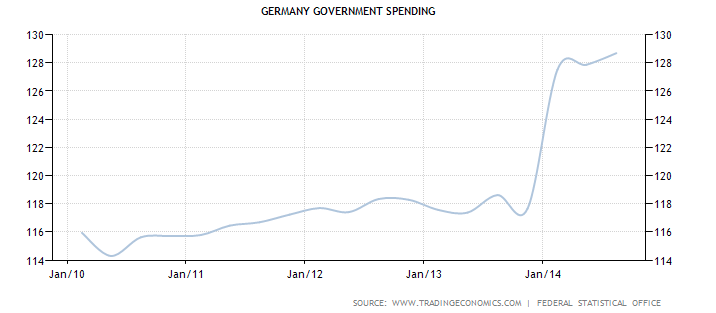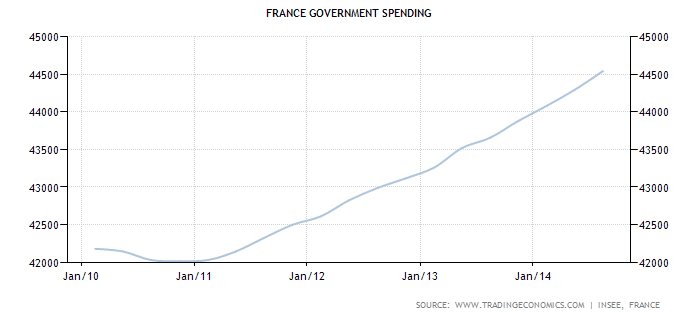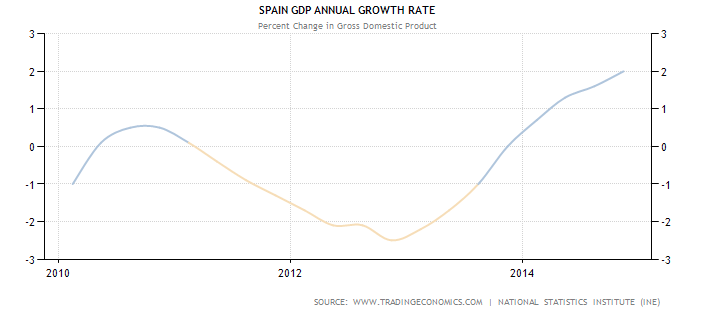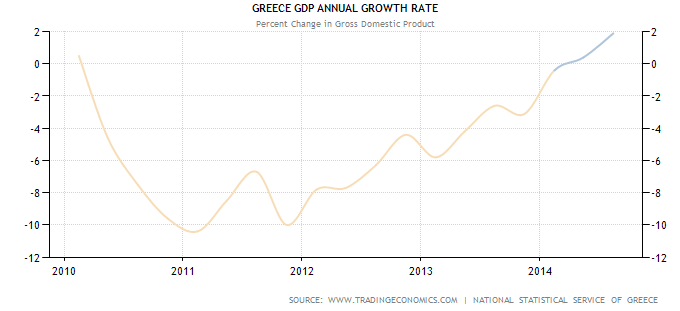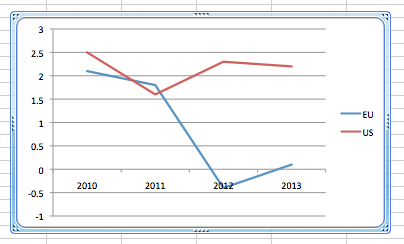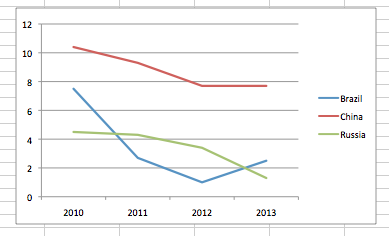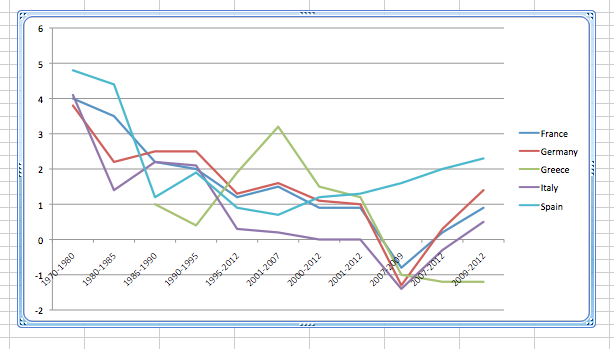The Arab Spring seemed a wonderful thing at the time: a pro-democracy uprising against dictatorial regimes, often in place for decades. Many of us in America cheered, and the President spoke favorably, saying it was “a historic opportunity…to pursue the world as it should be”. But there was an immediate problem: many of those dictatorial regimes were American allies of long standing, and important to our influence in the region. The Arab Spring seemed wonderful and hopeful, from a distance and at first glance. Without thinking deeply about what’s next. Like yelling for the coach’s head, without thinking of who’s available to take over.
What followed the Arab Spring? See here, using rankings from the watchdog organization Freedom House. The numerical ratings go from 1 to 7 where 1 is best, and 7 is worst.
- Tunisia; free; freedom = 2; political rights = 1; civil liberties = 3
- Egypt; not free; freedom = 5.5; political rights = 6; civil liberties = 5
- Libya; not free; freedom = 6; political rights = 6; civil liberties = 6
- Yemen; not free; freedom = 6; political rights = 6; civil liberties = 6
- Bahrain; not free; freedom = 6; political rights = 6; civil liberties = 6
- Syria; not free; freedom = 7; political rights = 7; civil liberties = 7
You can see that Tunisia succeeded at achieving a free and democratic society, while the other countries all failed. The Freedom House rankings don’t fully express how bad the results are: two of the Arab Spring countries, Yemen and Libya, no longer exist as states with effective borders and central governments.
In a not un-related event, the Arab Spring was preceded by President Obama’s famous apology tour, featuring these five abasements:
1. April 3, 2009: Strasbourg, France
“In America, there’s a failure to appreciate Europe’s leading role in the world. Instead of celebrating your dynamic union and seeking to partner with you to meet common challenges, there have been times where America has shown arrogance and been dismissive, even derisive.”
2. April 6, 2009: Ankara, Turkey to the Turkish Parliament
“Another issue that confronts all democracies as they move to the future is how we deal with the past. The United States is still working through some of our own darker periods in our history.”
3. April 17, 2009, Port of Spain, Trinidad and Tobago, at the Summit of the Americas
“While the United States has done much to promote peace and prosperity in the hemisphere, we have at times been disengaged, and at times we sought to dictate our terms.”
4. April 20, 2009: CIA headquarters, Langley, Va.
“Don’t be discouraged that we have to acknowledge potentially we’ve made some mistakes. That’s how we learn.”
5. May 21, 2009: National Archives in Washington D.C.
“Unfortunately, faced with an uncertain threat, our government made a series of hasty decisions. … I also believe that all too often our government made decisions based on fear rather than foresight; that all too often our government trimmed facts and evidence to fit ideological predispositions. Instead of strategically applying our power and our principles, too often we set those principles aside as luxuries that we could no longer afford. And during this season of fear, too many of us — Democrats and Republicans, politicians, journalists, and citizens — fell silent. In other words, we went off course.”
Now we have the controversy over whether the US is really at war with Islamic radicalism, or just radicalism, and Rudy Giuliani’s response that Obama doesn’t love America.
All of this represents a clear change in US policy. Clear in the sense that it’s a policy change; but not clear in being part of an election platform, or clearly stated by the President. AFAIK. I didn’t do the research, but I know I’m puzzled by it and I believe others are too.
The new policy seems to be that on the one hand the US renounces its active role supporting our allies; while on the other hand we try to mollify the Arab street by words and deeds. For example the Apology Tour, and withdrawal from Iraq and Afghanistan.
The bottom line
How do we all feel about the way the President represents us, and deals with our enemies? I’m in Rudy’s camp, before his apologies. Is the President a Lindbergh-style isolationist, a Manchurian Candidate, or just an incurable innocent in over his head?
